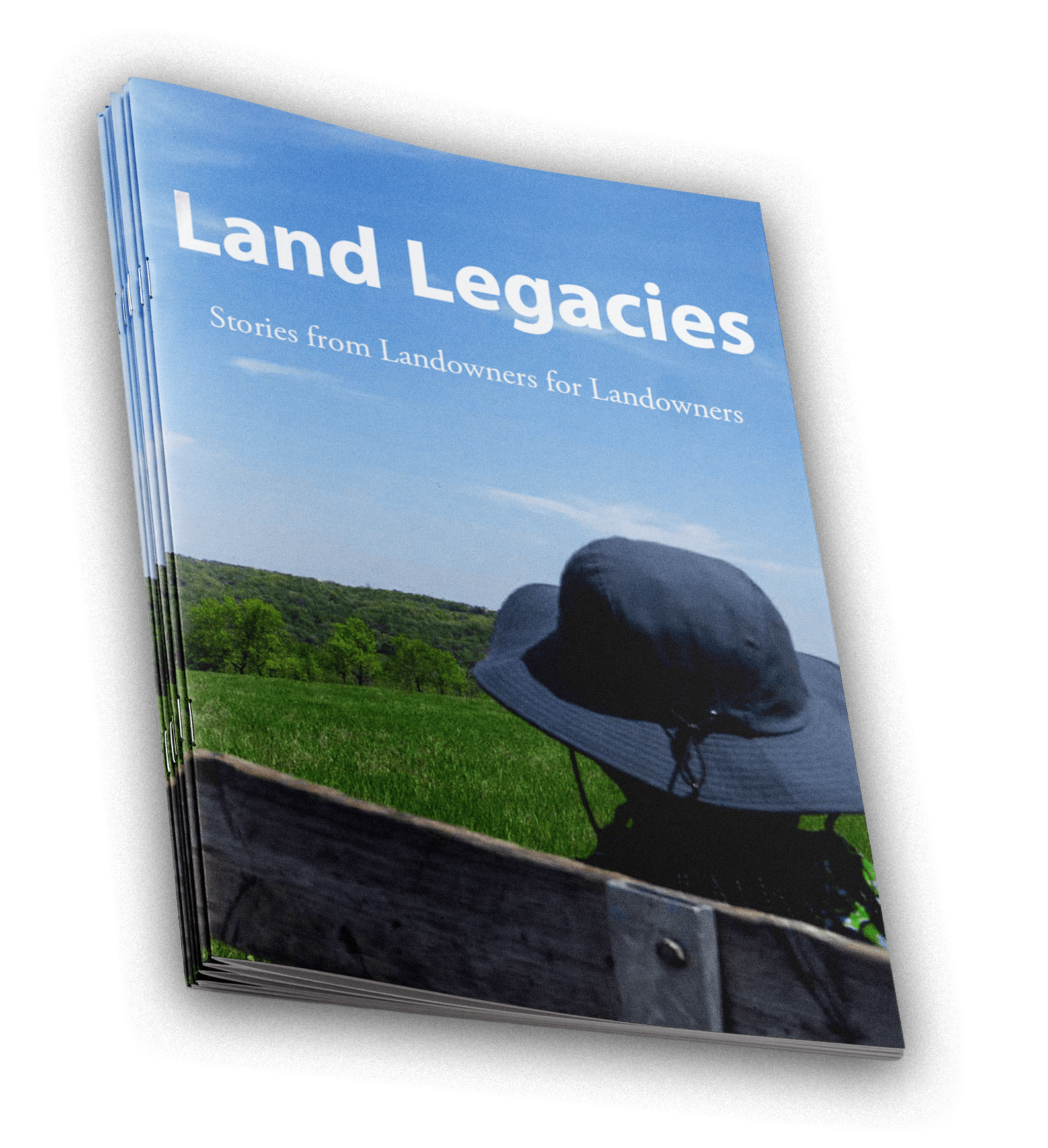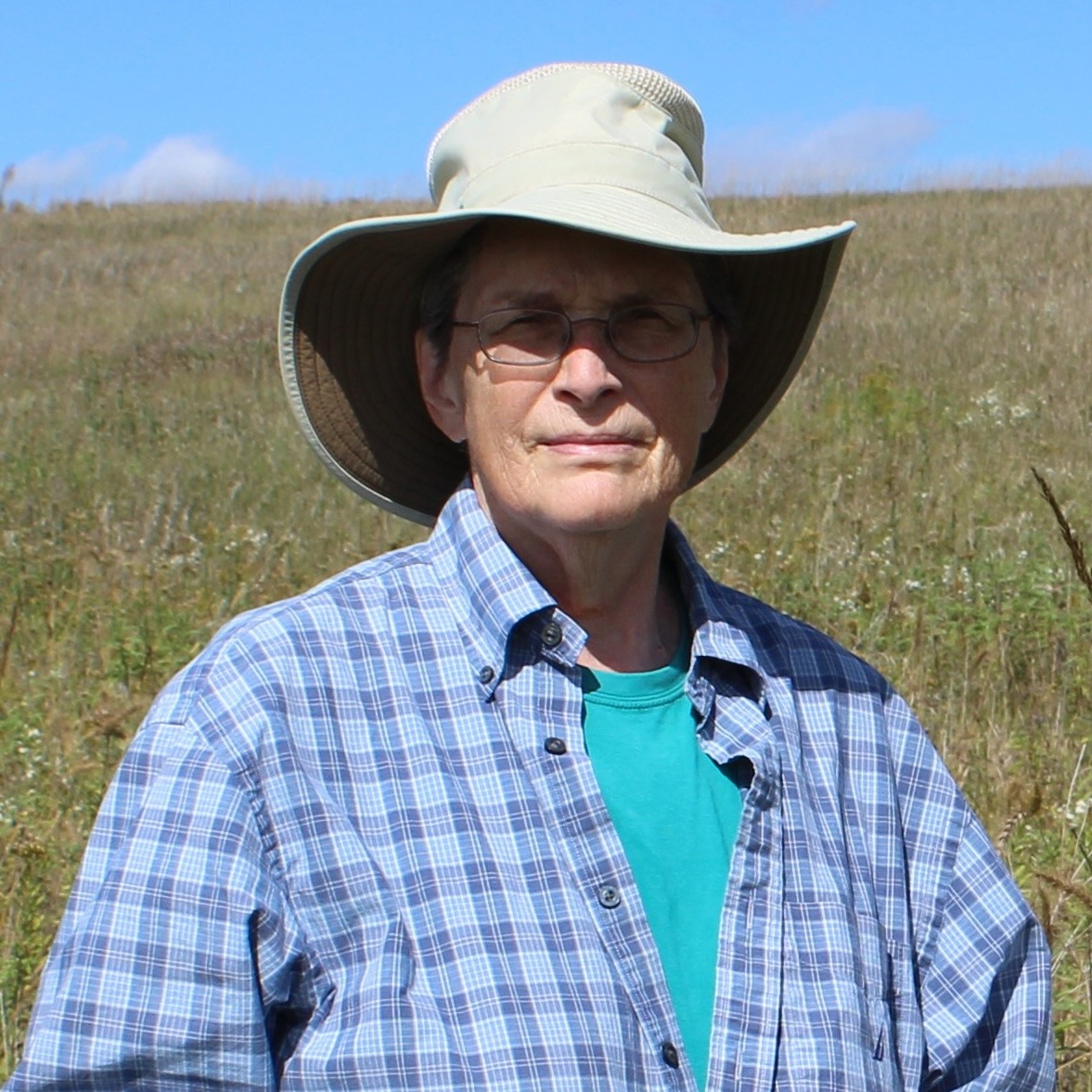
For the most part, my nieces and nephews have no connection to the land; presumably they are all doing well by their respective standards, and are likely to inherit land and/or other assets from their parents and others. Owning land should have something to do with being connected to that land—like knowing about the terrain, the people who farm it, and the ethics involved in managing it.
These days, there is talk of great “income inequality” in our country. Trends in landownership and how land is used would seem to fall under that umbrella of issues. We should de-emphasize programs like the Century and Heritage Farm awards, or at least establish additional programs that would honor landowners who rent or transfer their property to farmers or other people who would manage the land in healthy ways. Practical Farmers of Iowa has taken one step in that direction by initiating its annual Farmland Owner Award.
Two of my professors at San Francisco Theological Seminary taught about issues of landownership in their course on the Old Testament and the prophets. They used a big term called “latifundialization,” which means the “process whereby land increasingly accrues into the hands of just a few.” The “fundi” part of the word refers to the Earth, and “lati” refers to something like “lateral” and “moving off.”
We focused a lot on the story about King Ahab and a peasant named Naboth (1 Kings 21). Ahab and other Israeli kings were known to take control of land that had been used for subsistence farming, move the peasants off, and put in an olive orchard or grape vineyard with the idea of marketing the olives and wine to trade for material for war. So indeed, a person could wonder if much has changed since then with powerful governments shifting land away from subsistence purposes and using it for war purposes–or enacting farm policies that favor unsustainable practices for the benefit of corporations.
Essay reprinted with permission from The Future of Family Farms: Practical Farmers’ Legacy Letter Project, edited by Teresa Opheim (University of Iowa Press, 2016).
